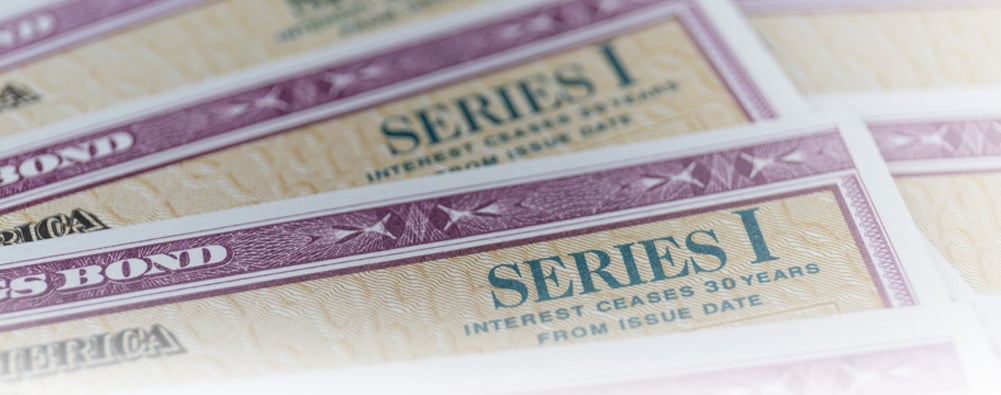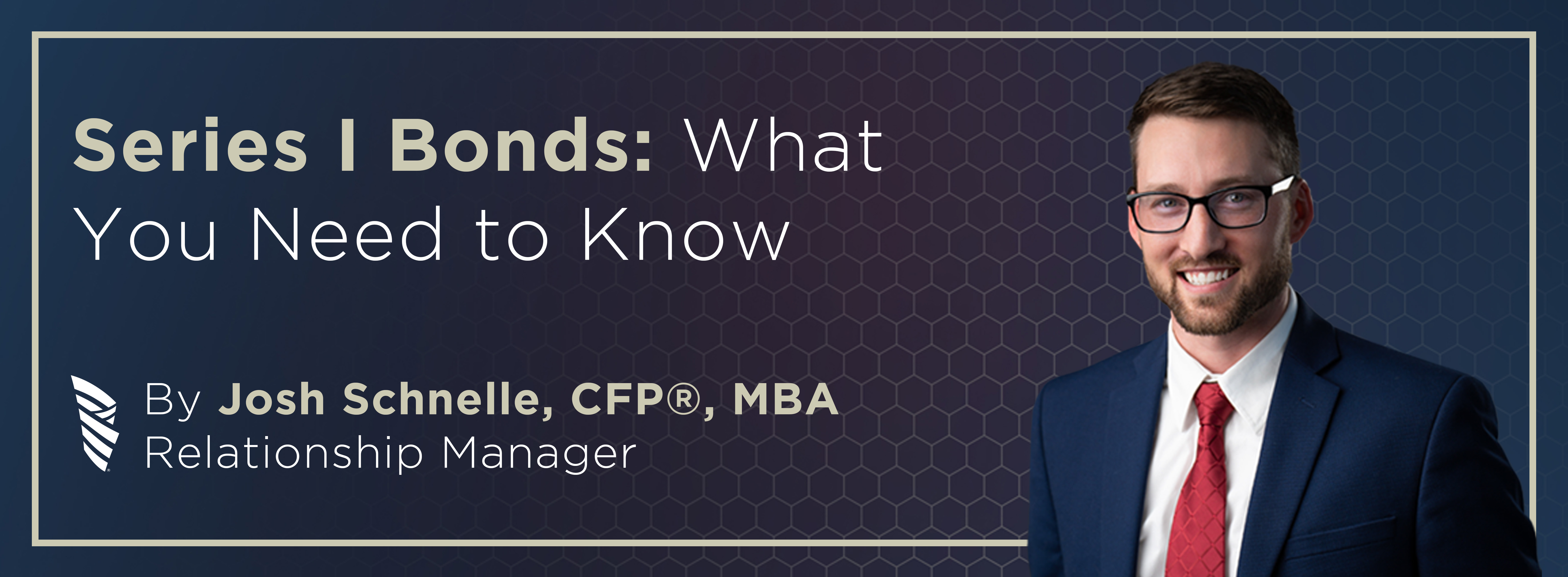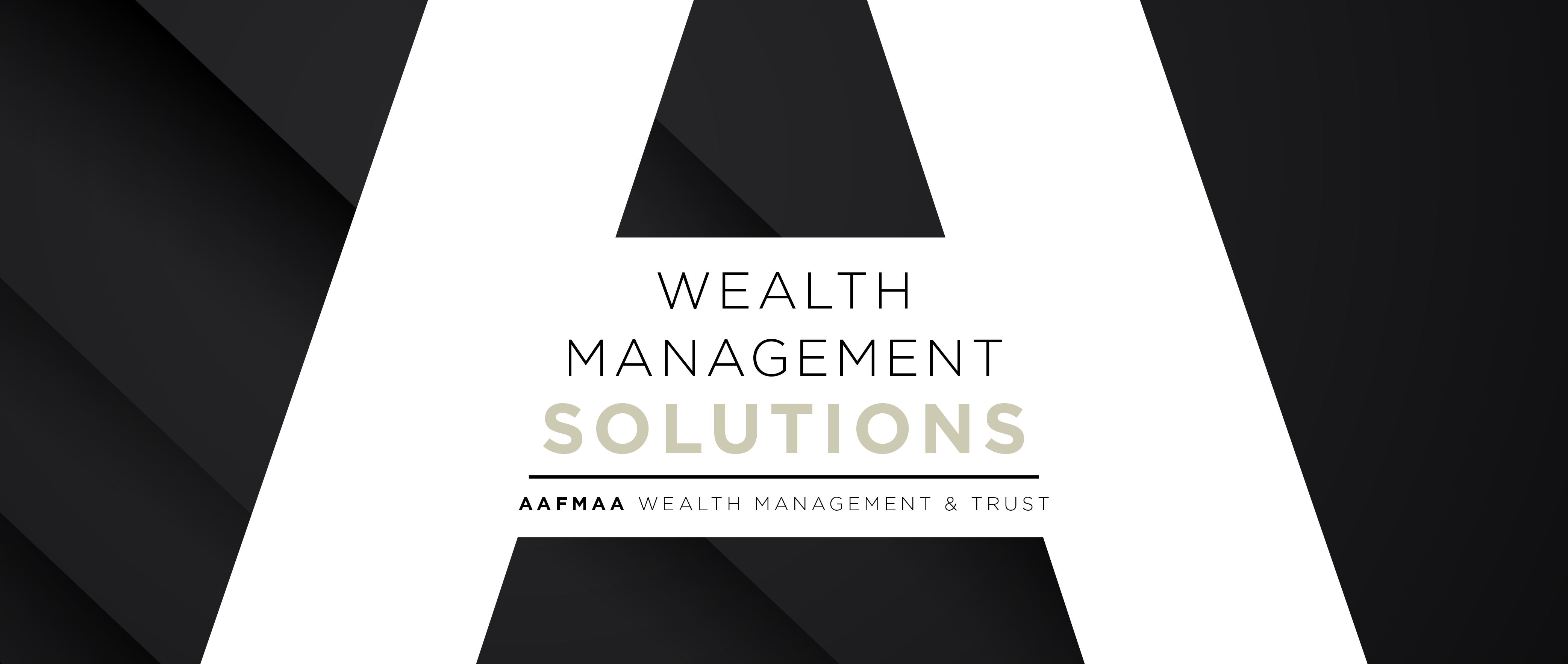Blog
Series I Bonds — What You Need to Know

In a year marked by high inflation, many Veterans are in search of a safe place for their cash. A place that would be as secure as their savings account, but with higher interest rates than their current savings or checking. Ideally, this combination of safety and high compound interest would battle the erosion of purchasing power we have seen for more than a year. US Series I Bonds may be a sound option, but they come with several unique characteristics that you should understand before swapping cash for a Series I Bond.
What Exactly Is a Series I Bond?
These bonds, issued directly from the US Treasury Department, have an interest rate tied to the US inflation rate. Currently, there are only two ways to obtain Series I Bonds. You can either purchase electronic bonds directly from the Treasury Department at TreasuryDirect.gov, or request paper Series I Bonds with an IRS Tax Refund. I have utilized the electronic method myself and the process was surprisingly straightforward. Each individual is limited to a maximum of $10,000 electronic Series I Bonds, and $5,000 paper Series I Bonds per year.
One unique characteristic of these Series I Bonds is their interest rate. Due to their rate being tied to the US inflation rate, they can change every six months, and typically will change. Anyone who purchases one between May 1, 2022 and October 28, 2022 will see an interest rate of 9.62% for the first six months they own their bonds, and then a new interest rate for the following six months. Even with savings accounts starting to see an uptick in interest rates, none have come close to 9.62%. The next rate will be announced in November, so if you want to lock in six months of interest at 9.62%, you will need to purchase your Series I Bonds before November 1, 2022. With inflation staying high the past six months, many expect the next rate to be appealing, but even if an unlikely 2% rate was announced in November, you would average 5.81% over the next 12 months, with a guarantee that your principal will not decline.
What Are the Limitations?
Before you rush off to TreasuryDirect.gov faster than a holiday bargain shopper on Black Friday, keep reading to make sure you understand some of the other limitations. First, after you purchase your Series I Bond, you will not have the option to “cash it in” for 12 months. After 12 months you can cash it in, however, if it has been less than five years, you forfeit the last three months’ interest. For example, if you purchased a Series I Bond and held it for 19 months before cashing it in, you would receive your principal plus the first 16 months of interest. After five years, you do not forfeit any interest.
Does the interest come to you directly yearly, and is it taxable? The interest accrued stays with the Treasury Department until you cash out your I Bonds. If you have the electronic Series I Bonds you can log in to your Treasury Direct account to see the value of your bonds over time. Regarding taxation, TreasuryDirect.gov explains that you only pay Federal taxes on the interest, and that you have the option to report each year’s earnings or wait until you get the money for the Bond before reporting. We recommend you consult a trusted tax consultant to make the best decision for you.
Are Series I Bonds Right for You?
Knowing all the information above, when does it make sense to own Series I Bonds? First, make sure you have filled up your emergency fund and rainy day funds before going down the I Bond path. Those two funds need to have cash you can access tomorrow, not 12 months from now. After you have reached the appropriate emergency savings and you still have cash left over, consider the timeline of your goals. Do you have a large purchase in mind in the next one to five years? That could be a car, home, renovation project, or a vacation. For my family, we have a big vacation planned for 2024 and decided to park some of our near-term savings into Series I Bonds to get some safe steady growth. If your goals are beyond five years and you are comfortable with the risks associated with investing in stocks and bonds (something you should discuss with a trusted financial professional), then investing in the market may actually provide you a better long-term rate of return. This is given that many great companies have suppressed prices right now. These decisions are generally difficult to assess on your own, which is why we recommend you speak with a trusted financial professional before you finalize your decision.
If you would like to speak with someone on our AAFMAA Wealth Management & Trust LLC (AWM&T) team about your situation, please do not hesitate to reach out. We are fiduciaries who always place your interest first and enjoy any opportunity to serve the military community in pursuit of your financial goals.




